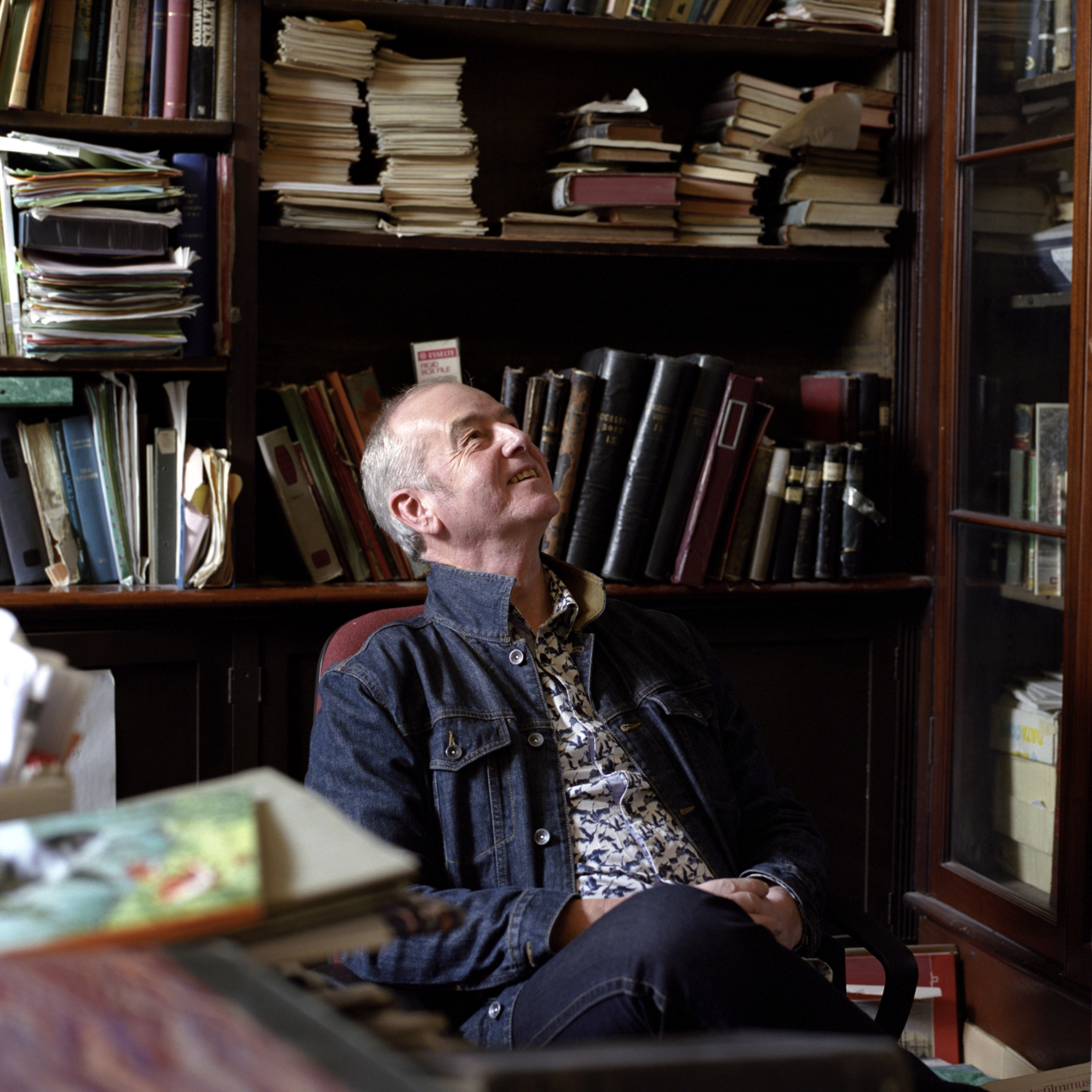
An Interview with Costa Shortlisted Author, David Almond
It’s not really fair to quiz a novelist too closely on what he has written; the story itself that should be expected to do all the necessary explaining. But David is an obliging man as well as a fascinating writer, so here I am on the phone to him in Newcastle. The Colour of the Sun, his latest novel, is set in a Northumberland village very like Felling on Tyne, his childhood home. Its main character, teenage Davie, sets out one hot summer morning for a day he will never forget. So is Davie actually you some years back?
Well, he might be me and he might not be me. He’s a boy wandering through the town where I was born and grew up, so his experiences are both similar to mine and different. So he’s a kind of fictional version of another me. He draws on me but he’s not me.
You always have a keen sense of the past in your novels, and that includes writing about the effects of handed-down prejudices as well as describing more positive aspects such as a general sense of inclusivity. So let’s start with the village feud– is this sort of quarrelling within close communities something we could well do without nowadays?
Yes, it is good to see some of those well-garnered prejudices are largely gone now, although a few still remain. I guess too that the feud in The Colour of the Sun also suggests the Protestant versus Catholic tensions. I grew up as a Catholic. I was always aware that some of my Protestant neighbors didn’t like that very much. And you were encouraged not to like them very much back. A lot of Tyneside was quite Irish in origin then, so there was always a chance of rivalry and suspicion.
Early on David meets a young Catholic priest about to give up his religion for love. How does he fit into all this?
It was really important for me to write about a priest, because I was writing about a time when priests were everywhere and a regular part of my community, seen as close to God and able to work a miracle every Sunday Mass. My experiences with them were always quite benign, although you could see at the time that some of them were really quite troubled guys. But it was wonderful to write about a priest dressed in black who had also discovered love. This became an image of the casting off of dogma, the casting off the blackness of the past in order to pursue a new, colourful vision of love.
Does this help explain your choice of title?
The dominance of light became more important to me as the story progressed from what looked like murder in a dark place at the bottom of the village. I was using colour ink pencils in my note-books and I saw how colour and light were becoming ever-more present, with the sun finally shining on everyone – it can still happen in Tyneside!
At a time when almost all YA novels have a secular base, your books including this one tread a path somehow between religion and humanism, faith and belief, even dream and reality. I was trying to think of any other writer for young audiences who does this and I found I couldn’t. It seems to me that you have invented a model of fiction entirely peculiar to yourself.
I grew up as a catholic and then cast it off during normal teenage angst. But it was only when I began to accept that what I once believed was still an essential part of my mind that I found I could then write about it but in my own way. I grew up being told that there was another world much better that this one that we should all aspire to. But I also got to think that although there was a lot wrong with the world we live in there was a lot that was wonderful and beautiful about it too. And I discovered that exploring these tensions in my imagination between the ordinary and the miraculous, faith and doubt, is what I am best able to write about now. Taking on an essentially religious mind set and then turning it towards the real world was a kind of liberation for me. .
When I write about a boy that age it all comes back to me – that sense of excitement of the world and the excitement about the fluidity between your own mind and the world you are looking at. And then the strangeness of the world and the strangeness of your own feelings and the strangeness of what’s happening in your own body and the speculations going on in your own mind. So it’s a very exciting time to write about. It seems to me that the major questions about life and the world is what adolescence is all about. What is this thing I am growing into? Why do I sometimes want to jump for joy and sometimes want to lie down in despair? What is it all about?
Teenage readers going through such phases themselves at the moment will surely find much to identify with both in The Colour of the Sun and in David’s other novels. No-one else writes like him at the moment, where what goes on in the inner mind is just as important as what is happening outside. Read, wonder and enjoy.





